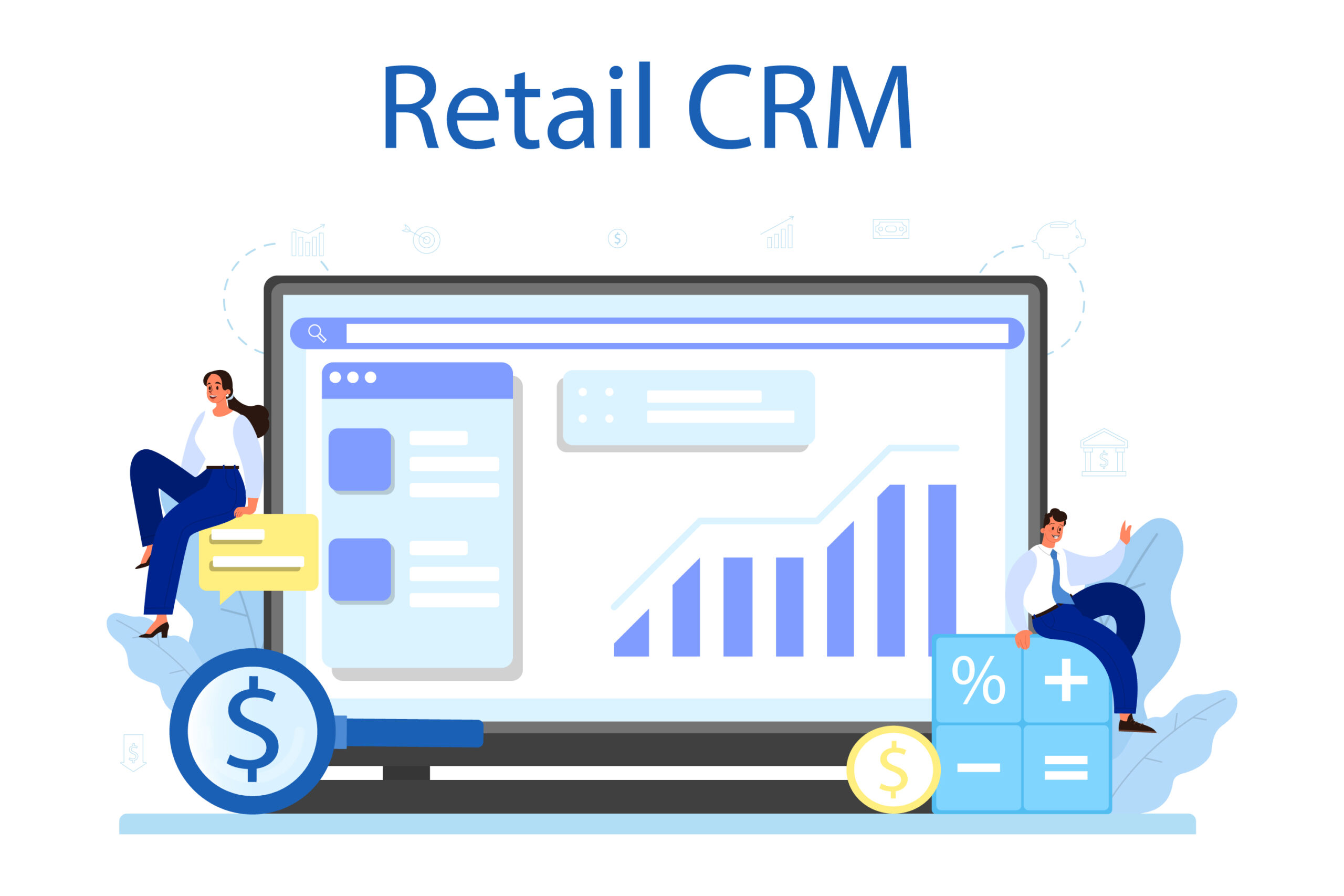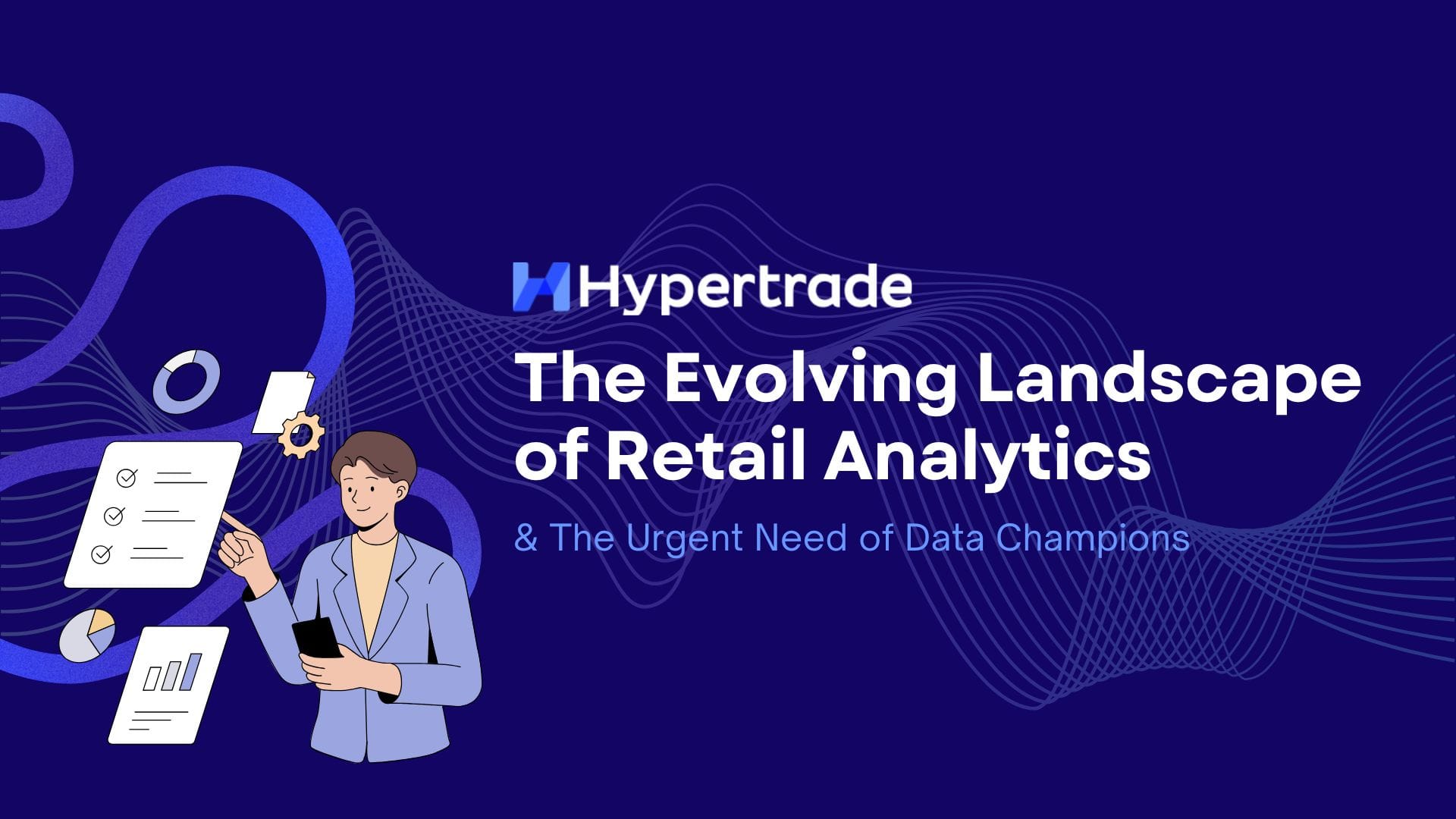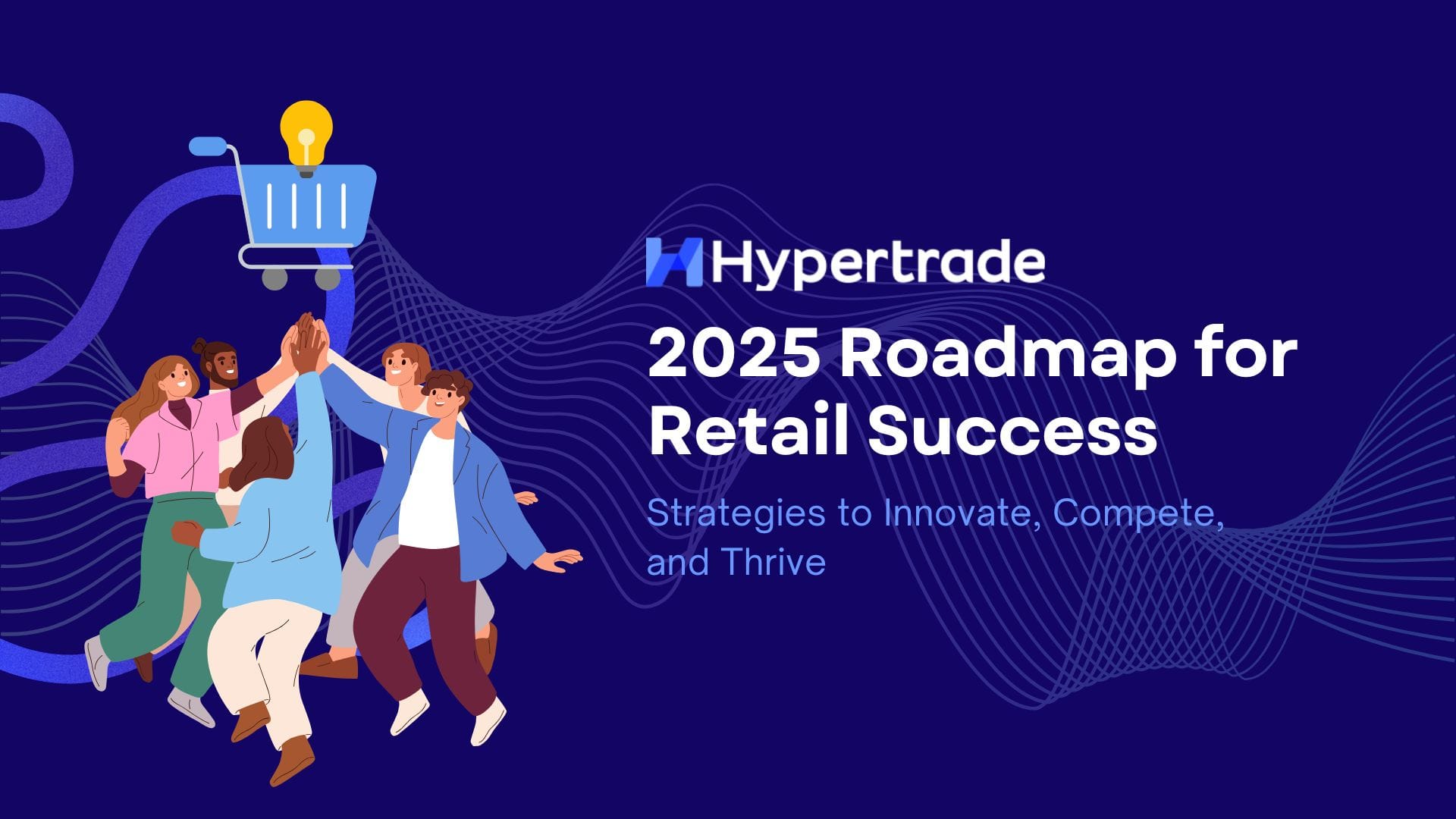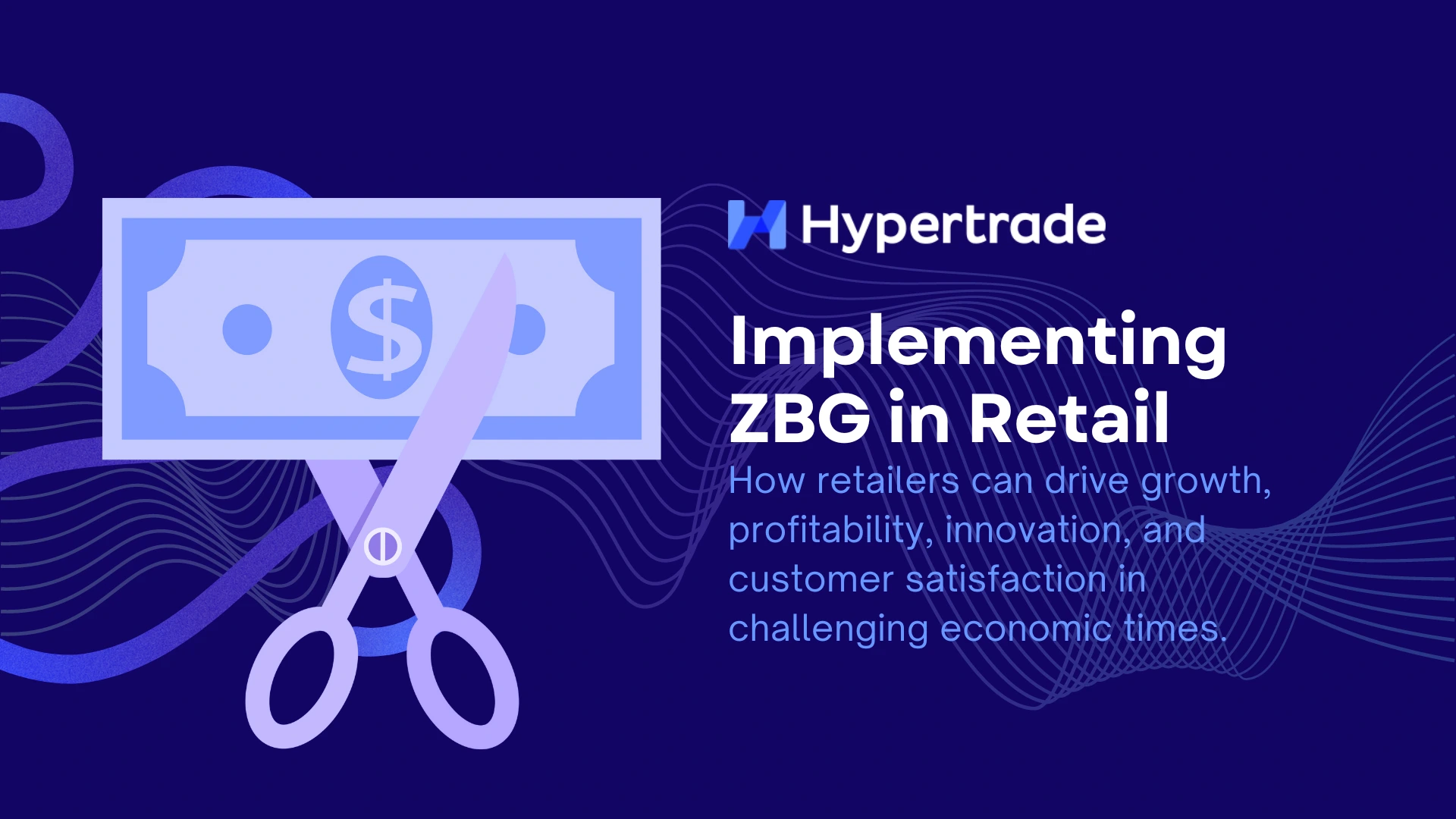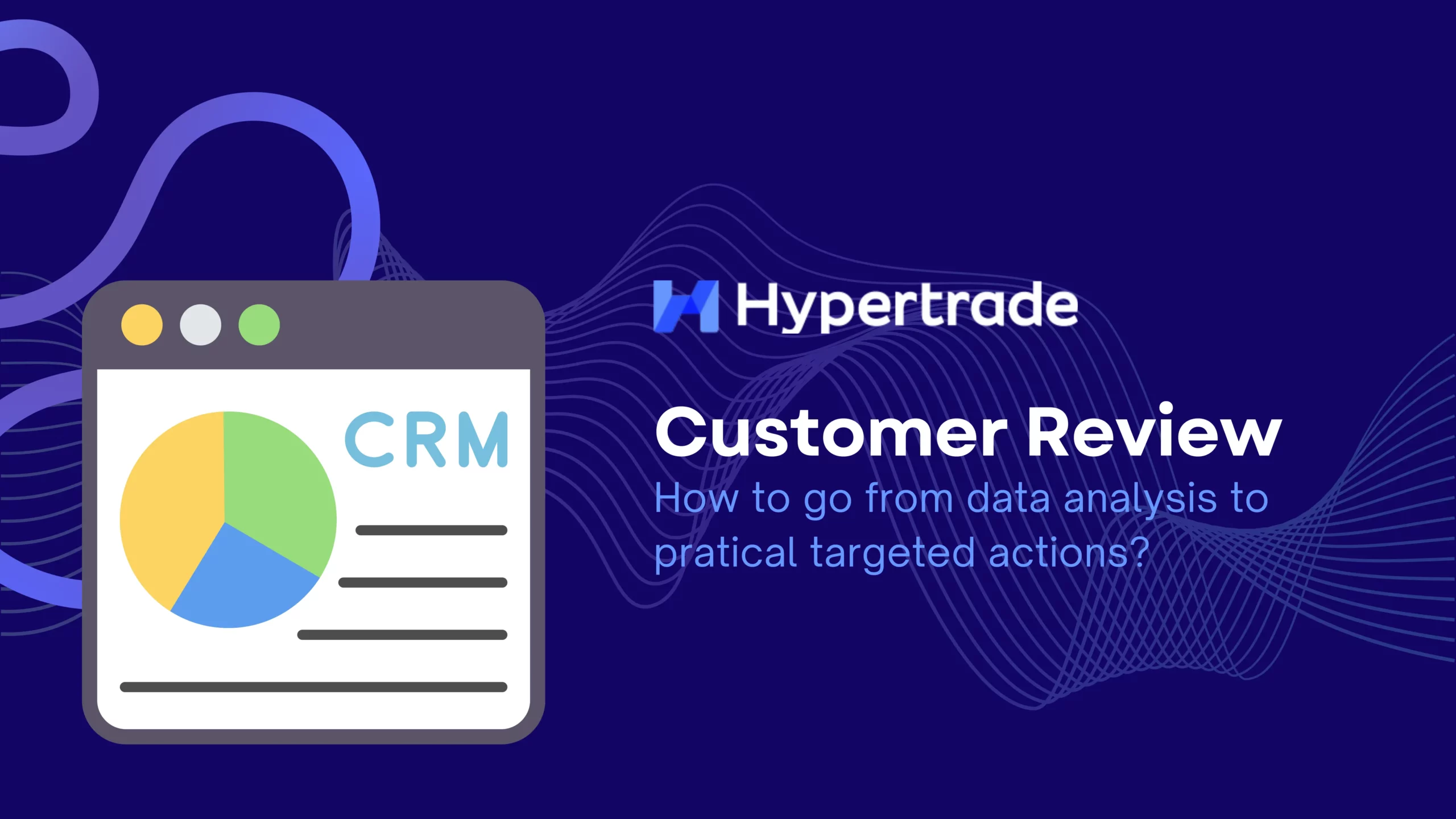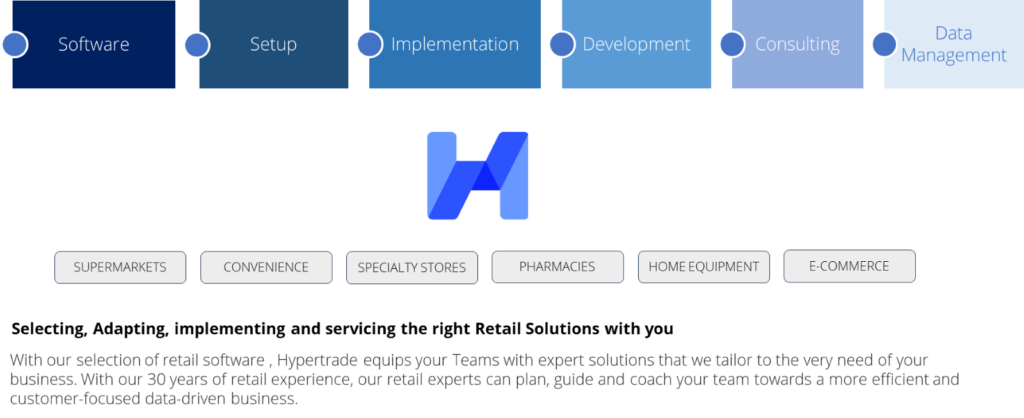Retail CRM (Customer Relationship Management) is a technology that retailers use to understand, segment, and engage Customers throughout their lifecycle, with the goal of growing Loyalty, ultimately leading to increased sales and customer retention.
Retail CRM systems typically include a suite of tools to help retailers track and manage customer interactions across multiple channels, including in-store, online. These tools can include features such as customer data management, marketing automation, analytics, and reporting. Advanced Retail CRM are connected to a Customer Data Platform (CDP) and will also integrate other interactions with customer such as email and SMS, as well as customer service and support and social media profiles
The main objective of a Retail CRM system is to optimize the relationship with customers, which includes increase retention and reduce churn, increase Loyalty, increase sales and profitability.
To achieve these objectives, a retail CRM system helps teams in 4 areas:
- Understand Customers
- Engage Customers with personalized offers.
- Segment Customers
- Help all teams collaborate around Customers.
1. Understand Customers
One of the key benefits of retail CRM is its ability to provide retailers with a comprehensive view of their customers. The view depends on how much data can (legally and with customers’ consent) be collected about customers. It can include simple information like demographic, personal information, purchase history, or purchasing patterns like frequency, or interaction history…
Example 1 of simple Customer Insights

Example 2 of simple Customer Insights (age group and purchase profile of a customer)

A more advanced level of understanding is to create new information form the insights already collected from customers. It can start at understanding existing cross-purchases (from where the next best purchases can be statistically deducted) up to persona. i.e. fictional profiles that represent groups of similar people in a target audience. Persona can help figure out how to reach people on a more personal level, while delivering the right messages, offers, and products at the right time. Let’s check out four steps you can take to use personas in your marketing.
This information can be used to personalize interactions with customers, such as sending targeted marketing messages or making personalized product recommendations. Retailers can also use this data to identify and segment their customer base, allowing them to tailor their marketing and sales efforts to different groups of customers.
The global understanding of Customers can be translated in the performance of the loyalty program. The more we can understand customers, the more we can tailor commercial offerings to them, the more loyal customers contribute in terms of basket, transactions, sales, and margin.
Example of a Loyal Customer profitability overview

2. Segment Customers
Still using the information available about Customers, retailer can then easily segment customers depending on a combination of demographics, personal and purchasing patterns.
Retailers can use these segments for at least 3 types of actions:
- Improve their assortment
- Personalize promotion
- Identify which customers segments are important and how they involve, including the movements of individual customers from 1 segment to another, highlighting purchasing and consumption trends.
Some customers segmentations are well known and have become a standard. For example, the Cohort Analysis ( a cohort is a group of individual with the same characteristics. Cohort analyses will typically be used to understand where the big spenders and the most frequent shoppers are.
Example of a Shopping Frequency Cohort Segmentation

Another industry standard is the RFM (Recency Frequency Monetary), that tells where the customers are who are at risk of leaving and the VIP ones that need to be cocooned.
Example of a RFM Segmentation

The Never Buy is also an interesting segmentation, identifying customers who never buy specific products, or Switch segmentation, to identify customers who switched from 1 brand or 1 item to another.
Whatever the segmentation models, one critical point is to ensure that each segment can be measured in terms of:
- Sales value and contribution
- Margin value and contribution Number of customers and contribution
3. Engage Customers with personalized offers
Building on the product personalization that can be done, retail CRM systems can also be used to manage and automate marketing campaigns. A retail CRM tool must be able to create and manage campaigns and ensure that the products and promotion mechanics in that campaign match the selected customer segment directly (products and categories customers already buy) or indirectly (through cross merchandising of next best purchase).
Example of an automatic product suggestions based on Customers profiles.

Example of promotion products finalization with margin and automatically calculated sales forecasts.

As campaigns are an important part of the Retail CRM activities, the ability to precisely monitor the performances of any specific campaigns at any moment is essential for Retail CRM.
The management of Customer Churn is also an important function of customer engagement that can be automated by a Retail CRM tool through an Alert Management system, which results can be monitored though campaign analytics.
By analyzing each campaign’s results, marketers can progressively sharpen their product selection, and built increasingly effective campaigns with their suppliers.
Example of Campaign Performances Analytics

4. Engage All Teams around Customers
In the past, Retail CRM was often confined to the marketing team. Today, it is much clearer how several items in a retail organization can benefit from CRM insights.
Example of CRM insights that can benefit teams across the retail organization (Merchandise Team)

Example of CRM insights that can benefit teams across the retail organization (Marketing & Operations)

Discover how Ulys Customer Intelligence SaaS Software can help your Retail CRM Team
You might also be interested in

